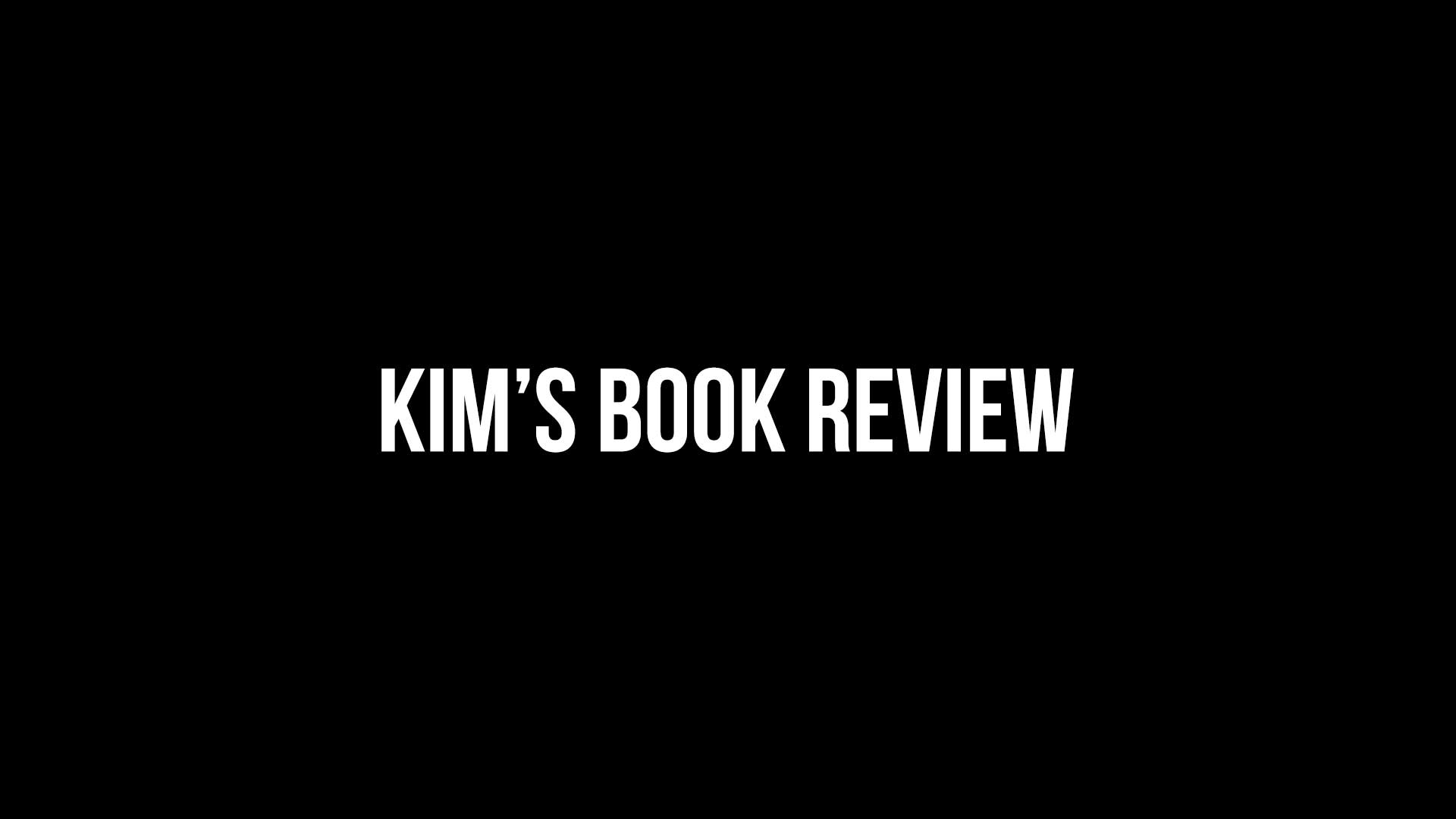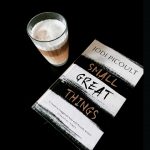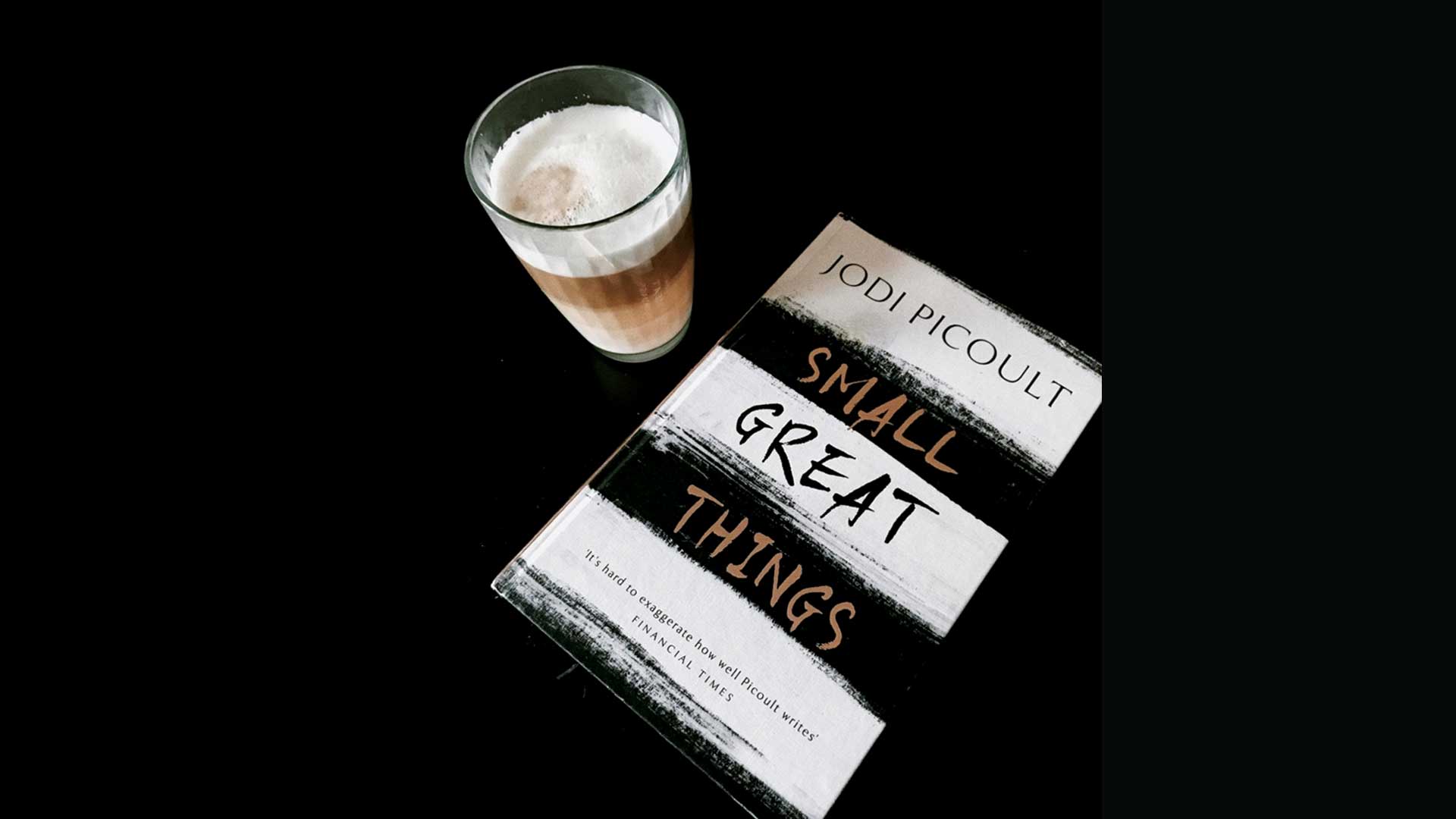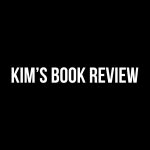Kim’s book review
The Princess Saves Herself in This One
by Amanda Lovelace
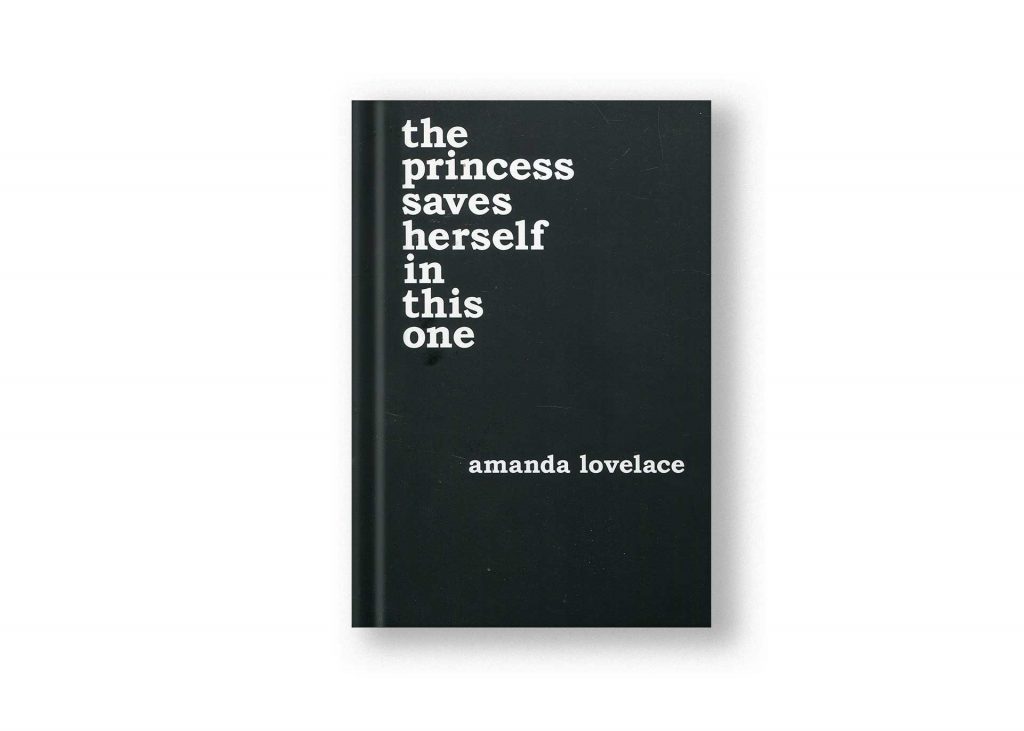
This poetry collection is highly autobiographical, and as raw and emotional as it gets. It has received mixed reviews in online forums, mainly due to the stylistic choices employed by the poet, with no capitalisation at the beginning of sentences, one word lines (essentially, hitting enter after every word to begin a new line). I personally enjoy this device, as I think it ensures that every word impacts the reader, and is stressed, not lost among its fellow words in a sentence and simply skimmed over. Others, however, see this choice as lazy and ‘gimmicky’.
The collection is divided into four parts: the princess; the damsel; the queen, and you. The first three section chronicle the author’s life, as she struggled with abusive relationships, complicated and tragic family relationships and her trajectory through low self-esteem, culminating in her revelation of personal self-worth. The final section ‘you’, serves as a note to the reader, and conveys messages of encouragement, positivity and hope.
I fell in love with this collection right from the author’s dedication page. She addresses her lifelong fandom of Harry Potter, and writes:
for the boy who lived.
thank you for inspiring me to be the girl who survived. you may have
a lightning bolt
to show for it
but my body is a
lightning storm.
The poetry is powerful, moving, and wonderfully written. Its message of self-love and respect is strongly imbued throughout the entire collection. Lovelace truly is a master at her craft, and I promise that the emotional rollercoaster will be well worth it.
Note: if you do enjoy this collection, she has also written two more that follow it: The Mermaid’s Voice Returns In This One and The Witch Doesn’t Burn In This One.
Jane Eyre by Charlotte Brontë, & Wide Sargasso Sea by Jean Rhys
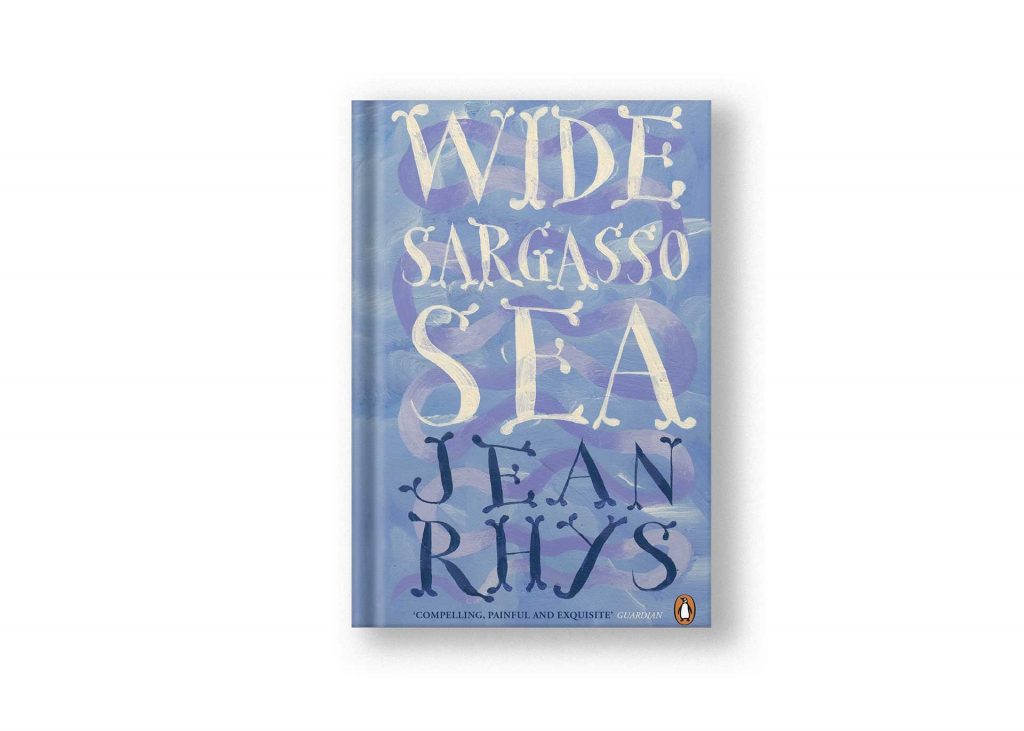
How many of us are put off reading classic literature, because we find the language inaccessible, or because we are subconsciously opposed to it – because we were forced to read it in school and write an essay on it? Just the capitalisation on the words ‘Classic’ and ‘Literature’ is enough to send many running a mile! I hear you.
However, I implore you, dear reader, to please give Classics another try. Now that many of us are older and wiser, and have a deeper appreciation for humanity and our emotional vulnerabilities, I strongly recommend perhaps kicking off with these two.
Jane Eyre is an emotional tale about a girl who is orphaned at a very young age, and subsequently sent to work as a nanny at Thornfield Hall, under the employ of the brooding and mysterious Mr Rochester. Jane falls in love with him, very quickly and very deeply. However, he is hiding a terrifying secret, which could destroy all that Jane thinks she knows about the man she loves. Many of us have heard of this story, or perhaps watched the film/s, so you might know what this secret is.
Wide Sargasso Sea was written many years after Jane Eyre, and by a different author, but is still considered a prequel narrative, set decades before the events of Jane Eyre. It tells the tale of the doomed Mrs Rochester (or Antoinette Cosway, as she is when we meet her at the beginning of this book), a Creole who is married off to the wealthy Mr Rochester, made to leave her home in the Caribbean, and essentially imprisoned in an alien environment, with no family or friends, until she is driven mad. It is a heart-breaking and poignant tale, which is meritorious of praise in its own right, but even more when juxtaposed against Jane Eyre and I really appreciated the challenge it must have been for Rhys to take a beloved tale from a previous century, with characters we all thought we knew, and turning them on their heads; The Rochesters’ characters took on completely new nuances and roles in my eyes after reading Wide Sargasso Sea! You can read this book without having read Bronte’s work first, and find it is still a masterpiece of modern literary fiction, but I would highly recommend reading Jane Eyre first, to truly grasp the depths of the emotional journey the characters embark on in the story as a whole.
Avid reader and book lover Kim has worked as a librarian in the public sector as well as schools.

